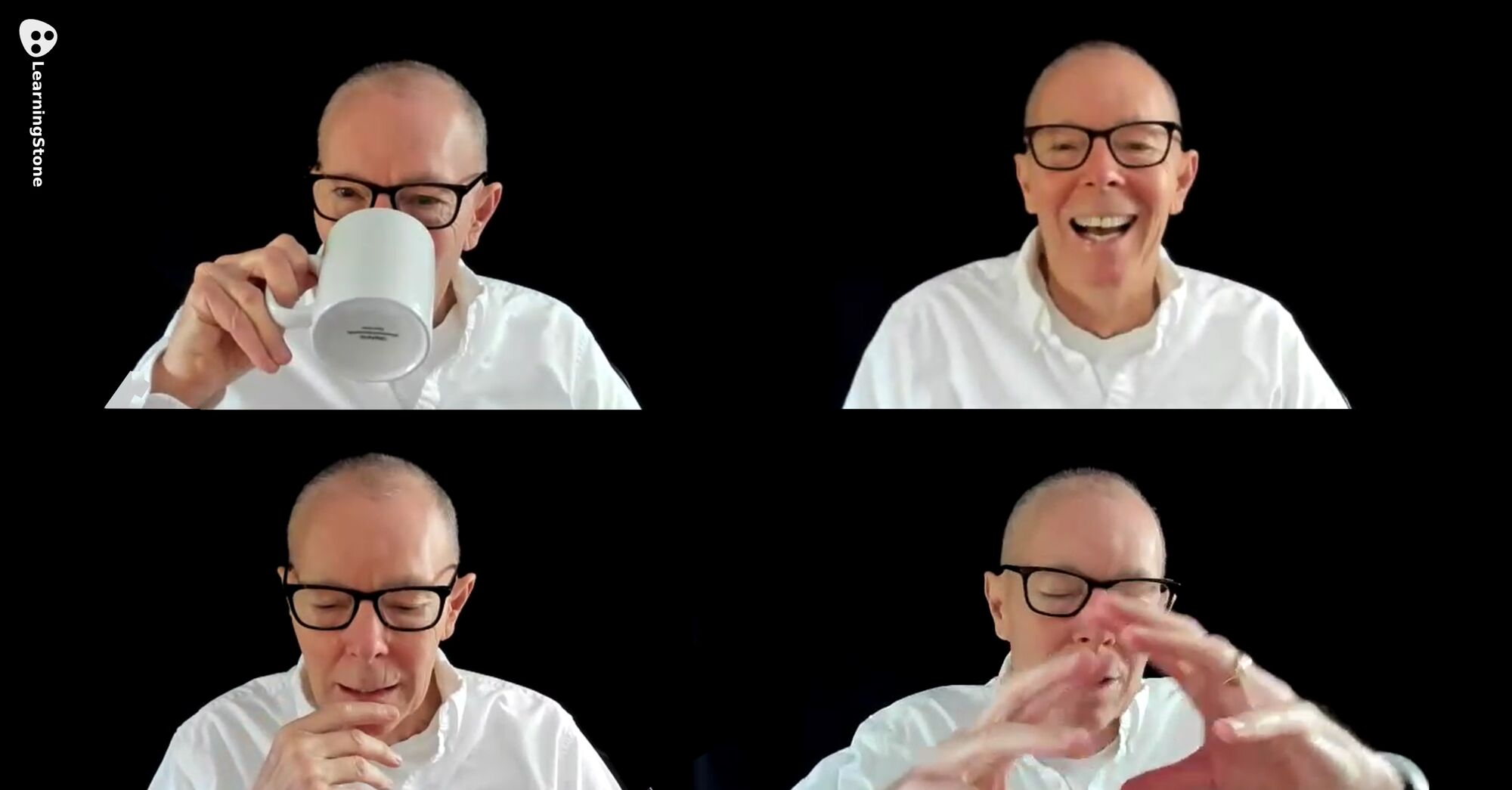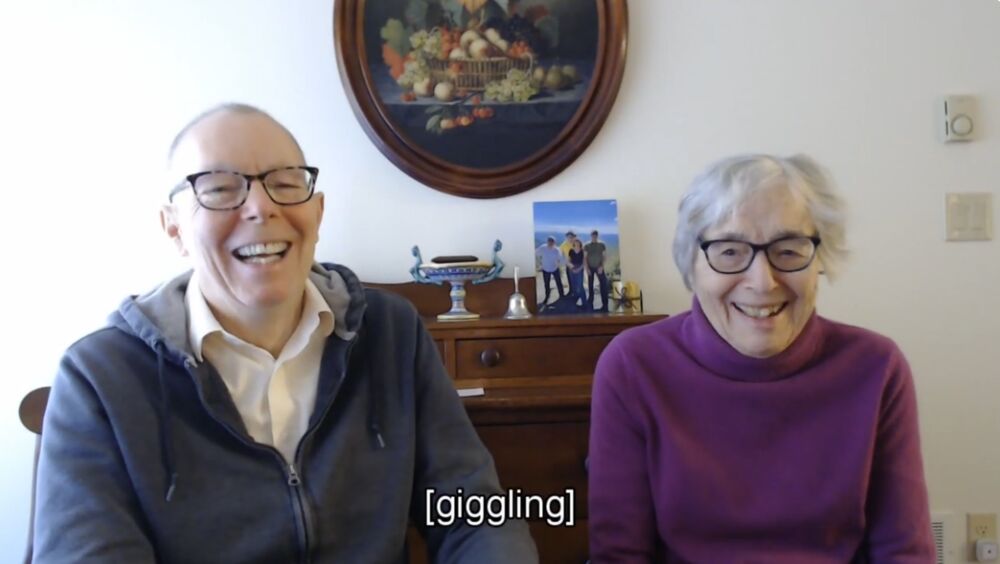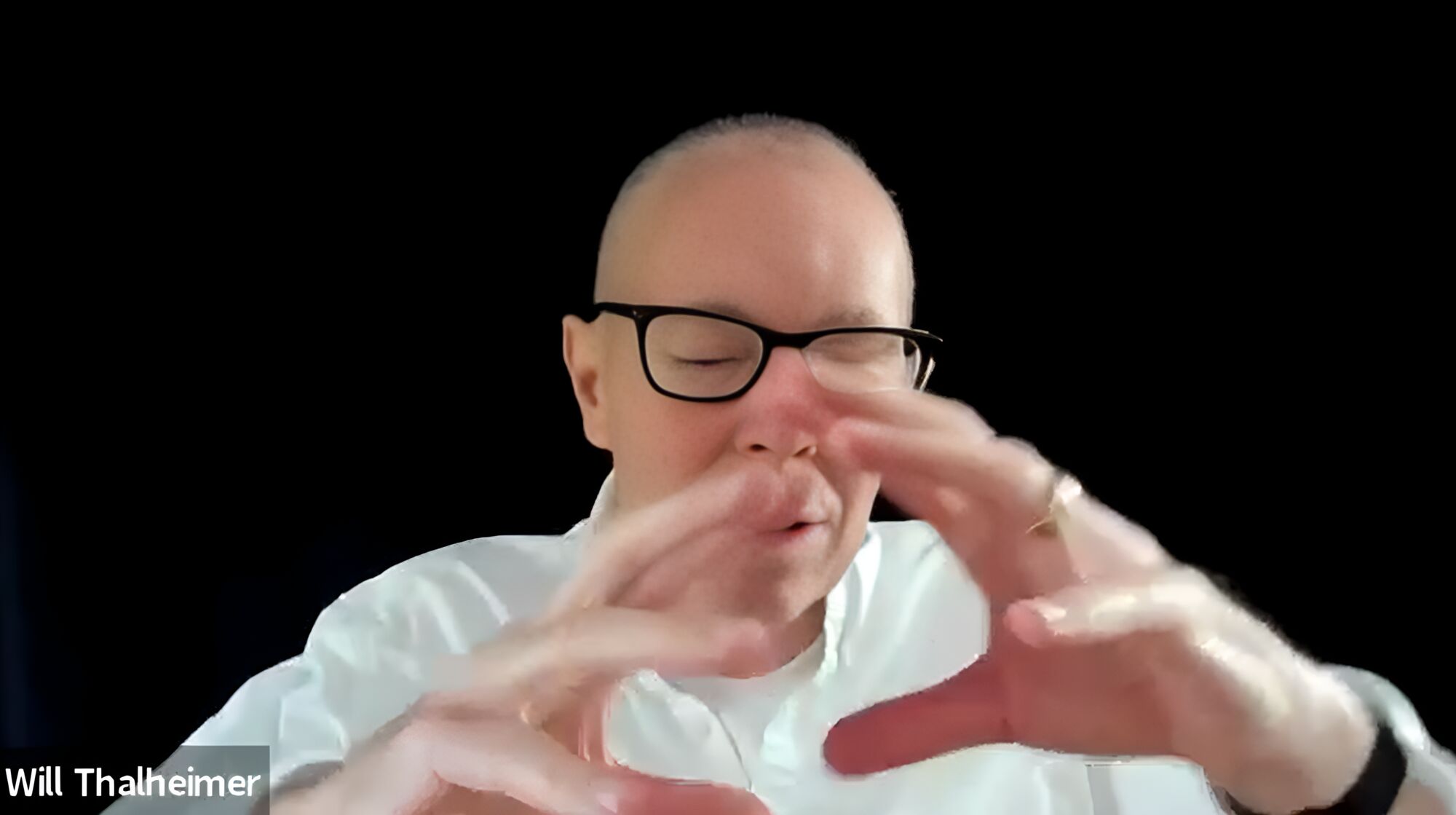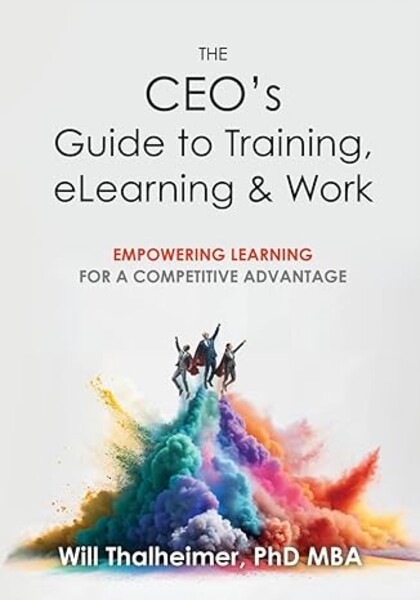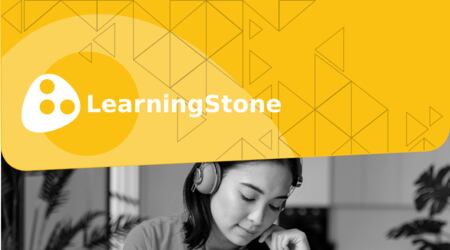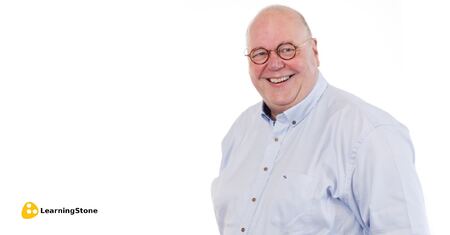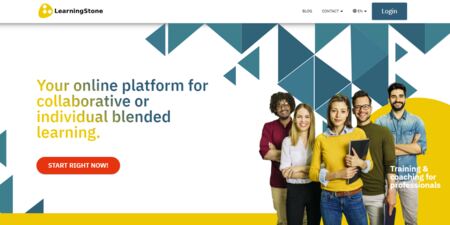Talking to Will is special. His boyish enthusiasm for learning and development is contagious and it’s hard to have a short conversation with him. His playfulness resulted in one of the funniest marketing gimmicks of the year. During the kick starter campaign for his new book, he introduces his mother and asks her if she thinks he’s to be trusted (yes of course). It begs the question: what was young Will like as a school boy?
On His Early Days: “I Hated School”
“Growing up in West Chester Pennsylvania, I actually hated school much of the time. I wasn’t very good at it and found it boring. I kept asking myself, ‘Why do I have to learn this crap?’” Will recalls. "I ended up taking what we now call a gap year, but in reality, I sort of dropped out and it became a couple of gap years. I didn’t go right to college like my parents had hoped, and they even considered sending me to military school."
His journey after high school wasn’t smooth. “I tried selling vacuum cleaners, and I wasn’t good at that either. I applied at a fast-food restaurant as a dishwasher and – thanks to the fact that I had a high school degree - got promoted to a short-order cook but it was a tough life.” Will decided to pursue higher education, studying psychology, though job opportunities in that field were limited. “I ended up working at a health insurance company in a room the size of two football fields. It was terrible.”
But then, his discovery of instructional design changed everything. “I moved on to get a master’s in business, but I wasn’t passionate about it until I stumbled upon courses on instructional design. Finally I’d found my calling.”
I felt this need to do something meaningful, to give back in some way
Will’s passion for learning wasn’t just about finding a career path; it was about making a difference. “I felt this need to do something meaningful – to give back in some way. Helping people learn felt like the thing to do.”
In the 1980s, Will started working with a company that was pioneering business simulations and then continued building his career by getting a PhD from Columbia University. By the end of the nineties, his focus shifted toward translating learning and development research to L&D practice. "I thought I could just write articles and books and have an easy life,” he says, laughing.
When asked about balancing his roles as a consultant and research-to-practice translator, Will chuckles. "Someone once told me that if you’re a consultant, you spend three days a week on paid jobs, one day on marketing, one day on business administration, and another three days on research." Without waiting for me to do the math, he explains his process: “I’ve always wanted to find the learning factors with large effect sizes, those that really improve learning. What really has an impact? I wrote about this and used my own effect-size calculator because in those days effect sizes weren’t published in journal articles.
Every time I started, I was euphoric about the subject
To examine one learning factor, I would read hundreds of studies, literature reviews, and meta studies. Every time I started, I was euphoric about the subject… let’s say it’s the effects of spacing in learning or transfer and then I would find out how much research there really is and have a period of anxiety before I would start understanding it all and seeing patterns… well, it’s a lot of work but I love it.”
